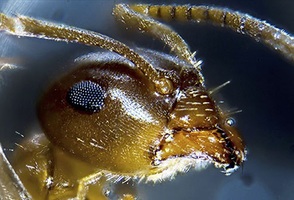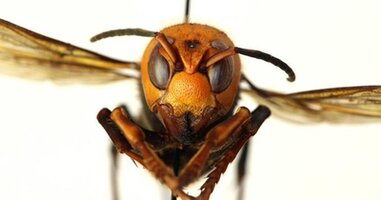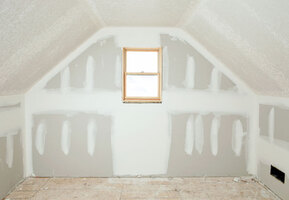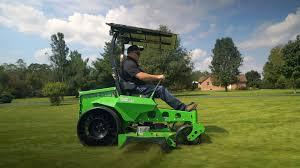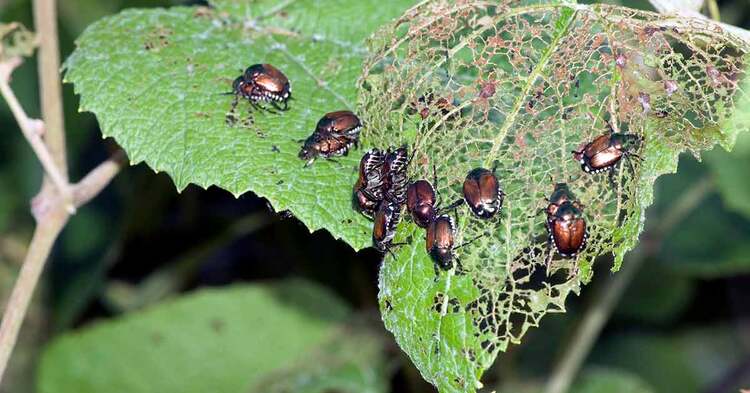
Pests are unwanted animals or insects that can invade your home and cause various problems. Some of them can damage your property, contaminate your food, spread diseases, or bite and sting you. Here are 10 common pests that you may encounter in your home and what to do about them:
- Ants: These tiny insects can form large colonies and enter your home in search of food and water. They can contaminate your food, damage your wood, or bite you. To prevent ants, you should seal any cracks or gaps in your walls, doors, or windows, keep your kitchen clean and dry, and store your food in airtight containers. To get rid of ants, you can use baits, sprays, or natural remedies like vinegar or lemon juice.
- Cockroaches: These are one of the most hated pests because they are hard to kill, reproduce quickly, and carry many germs. They can cause allergies, asthma, food poisoning, and other diseases. To prevent cockroaches, you should keep your home clean and dry, especially the bathroom and kitchen, seal any cracks or holes in your walls or pipes, and dispose of your garbage regularly. To get rid of cockroaches, you can use traps, baits, sprays, or professional pest control services.
- Mice and rats: These rodents can gnaw on your wires, furniture, insulation, and food. They can also spread diseases like salmonella, leptospirosis, and hantavirus. To prevent mice and rats, you should seal any openings or gaps in your walls, floors, or roof, keep your food in metal or glass containers, and remove any clutter or debris that can provide them shelter. To get rid of mice and rats, you can use traps, poisons, or professional pest control services.
- Bed bugs: These are small blood-sucking insects that hide in your mattress, bedding, furniture, or clothing. They can cause itchy bites, skin rashes, allergic reactions, and psychological distress. To prevent bed bugs, you should inspect your luggage and clothing after traveling, wash and dry your bedding regularly at high temperatures, and avoid buying second-hand furniture or mattresses. To get rid of bed bugs, you can use heat treatment, steam cleaning, vacuuming, or professional pest control services.
- Fleas: These are tiny parasites that feed on the blood of animals and humans. They can jump from one host to another and cause itching, swelling, redness, and infections. They can also transmit diseases like plague, typhus, and tapeworms. To prevent fleas, you should treat your pets with flea products regularly, vacuum your carpets and furniture frequently, and wash your pet's bedding often. To get rid of fleas, you can use flea bombs, sprays, powders, or professional pest control services.
- Termites: These are wood-eating insects that can cause serious structural damage to your home. They can also damage your books, papers, furniture, or plants. To prevent termites,
you should eliminate any moisture sources in your home,
repair any leaks or cracks in your pipes or roof,
remove any wood debris or mulch near your foundation,
and inspect your home for signs of termite activity like mud tubes or wings.
To get rid of termites,
you should use baits,
barriers,
fumigation,
or professional pest control services.
- Spiders: These are arachnids that can spin webs in your corners,
ceilings,
or windows.
They can help control other pests by eating them,
but some people are afraid of them or allergic to them.
Some spiders can also be venomous and cause painful bites,
such as the black widow or the brown recluse.
To prevent spiders,
you should seal any cracks or gaps in your walls,
doors,
or windows,
dust and vacuum your home regularly,
and remove any clutter or vegetation that can attract them.
To get rid of spiders,
you can use sticky traps,
sprays,
or natural repellents like peppermint oil or citrus peels.
- Flies: These are winged insects that can buzz around your home and land on your food,
garbage,
or wounds.
They can carry many germs and cause diseases like diarrhea,
typhoid,
or cholera.
To prevent flies,
you should keep your home clean and sanitary,
especially the kitchen and bathroom,
cover your food and garbage with lids or nets,
and install screens on your doors and windows.
To get rid of flies,
you can use fly swatters,
traps,
sprays,
or natural remedies like basil or lavender.
- Mosquitoes: These are flying insects that can bite you and suck your blood.
They can cause itching,
swelling,
redness,
and infections.
They can also transmit diseases like malaria,
dengue fever,
or Zika virus.
To prevent mosquitoes,
you should eliminate any standing water sources in your home or yard,
such as buckets,
pots,
or birdbaths,
wear long-sleeved clothing and repellents when outdoors,
and use nets or fans when sleeping.
To get rid of mosquitoes,
you can use insecticides,
foggers,
or professional pest control services.
- Wasps: These are stinging insects that can build nests in your eaves,
attic,
or trees.
They can be aggressive and attack you if you disturb them or their nest.
They can cause painful stings,
allergic reactions,
or anaphylaxis.
To prevent wasps,
you should seal any openings or gaps in your walls,
roof,
or vents,
remove any food sources or garbage that can attract them,
and avoid wearing bright colors or floral scents when outdoors.
To get rid of wasps,
you should use sprays,
traps,
or professional pest control services.
Some of these pests are more dangerous than others, depending on their size, number, type, and location. You should always be careful and wear protective gear when dealing with them. Some of them can be handled by yourself with simple methods or products, but others may require professional help. You should consult a pest control expert if you are unsure, have a severe infestation, or have a health condition that makes you more vulnerable to pests.

